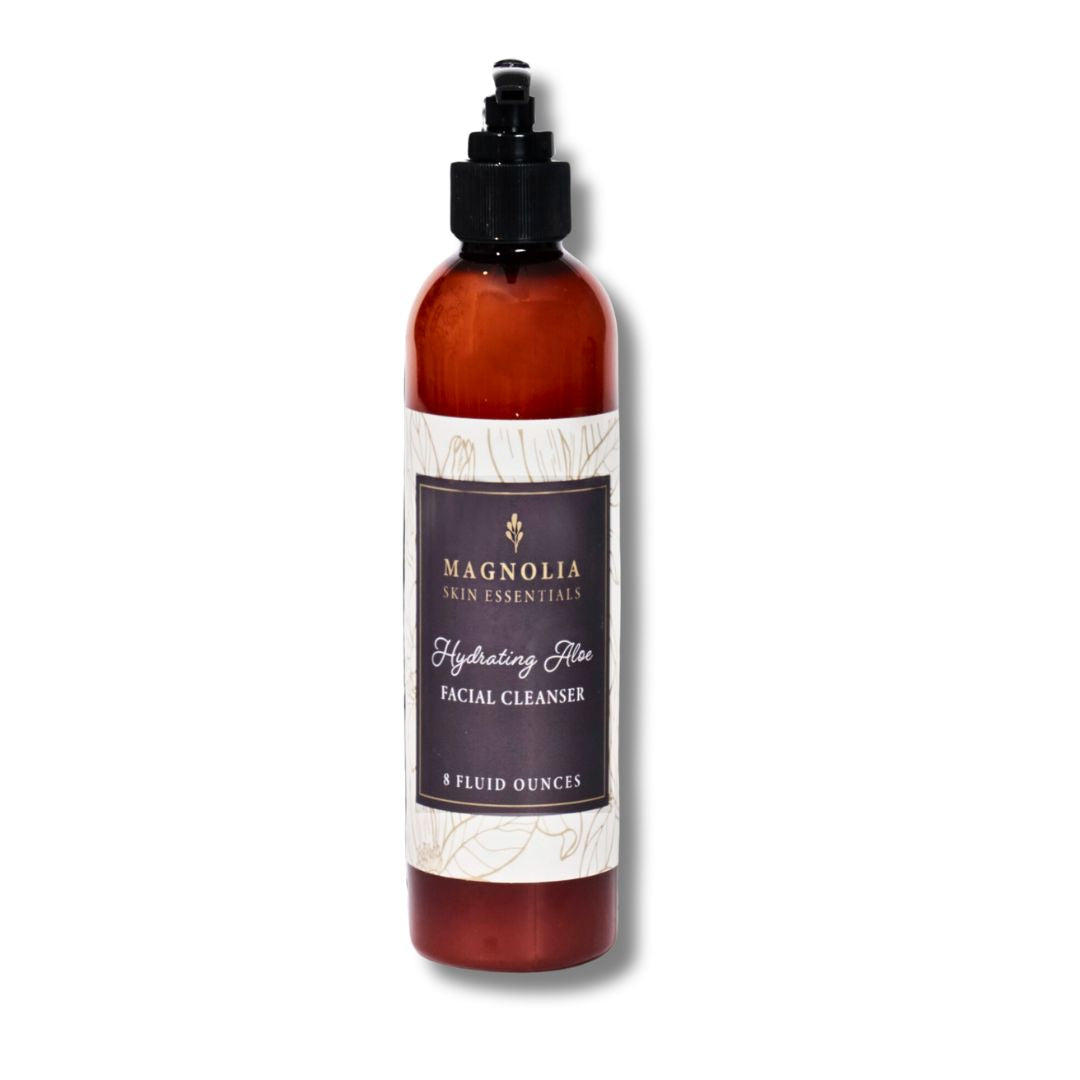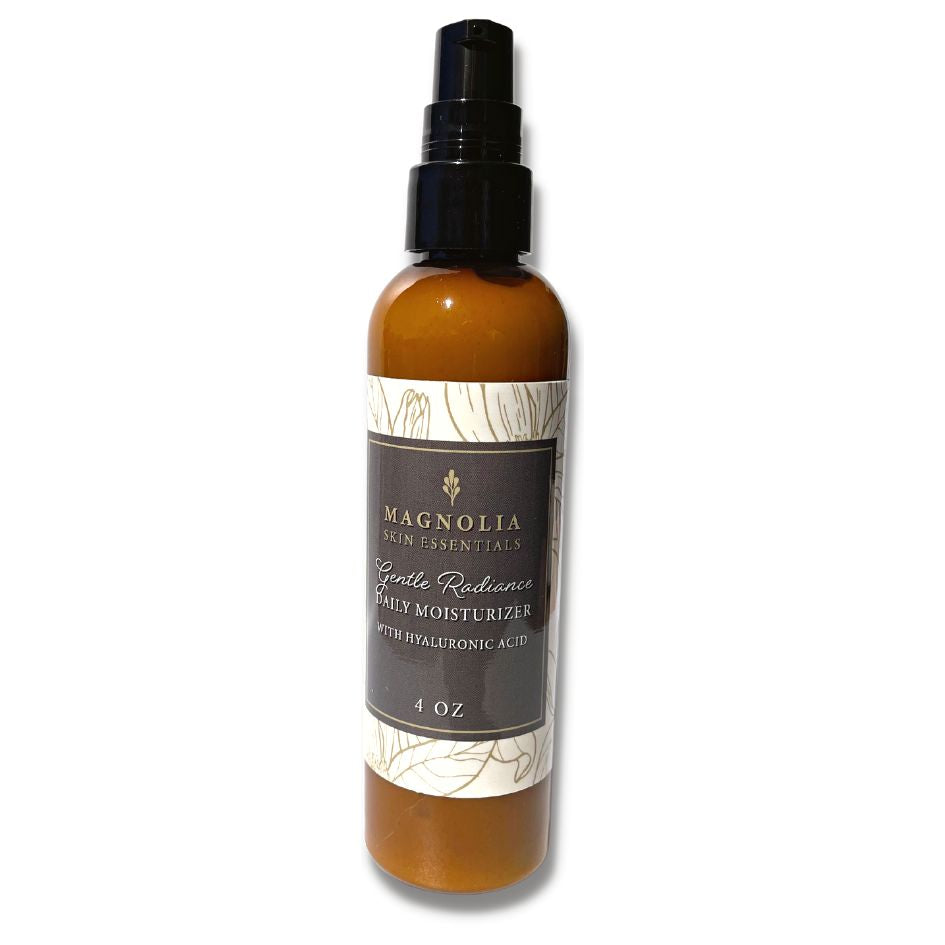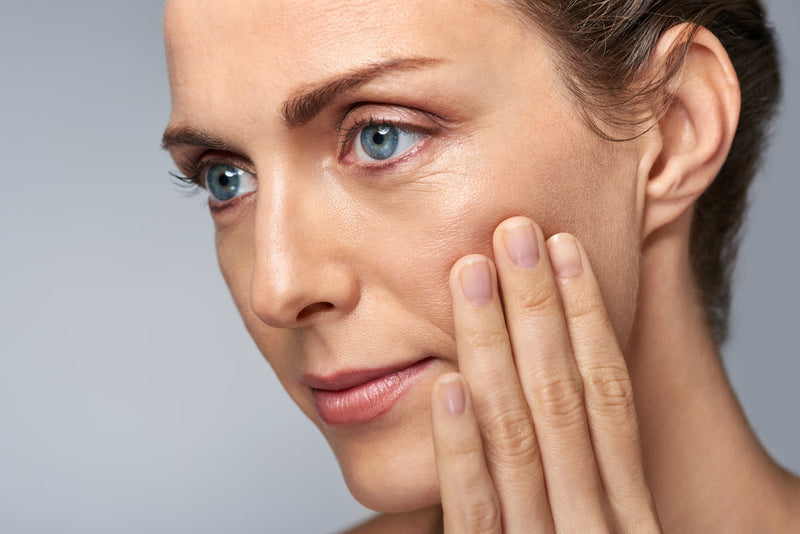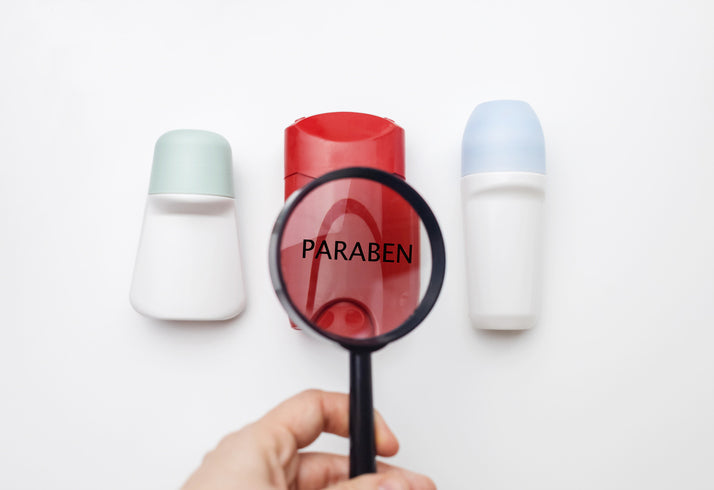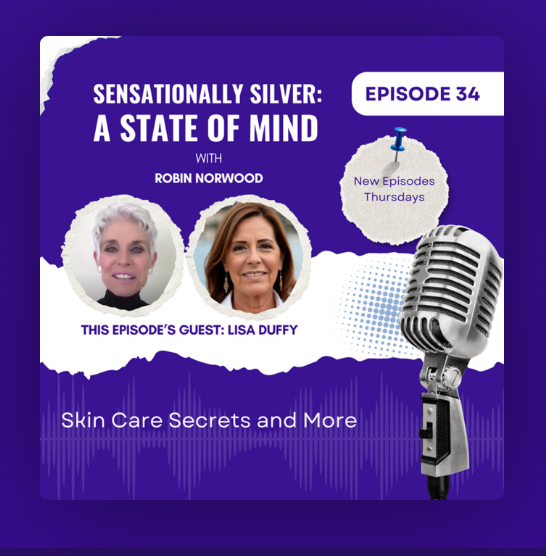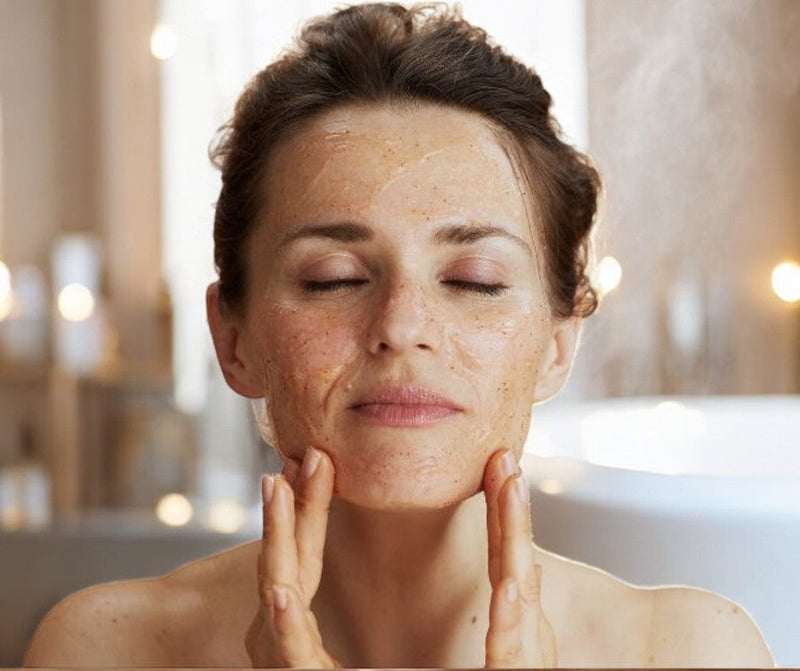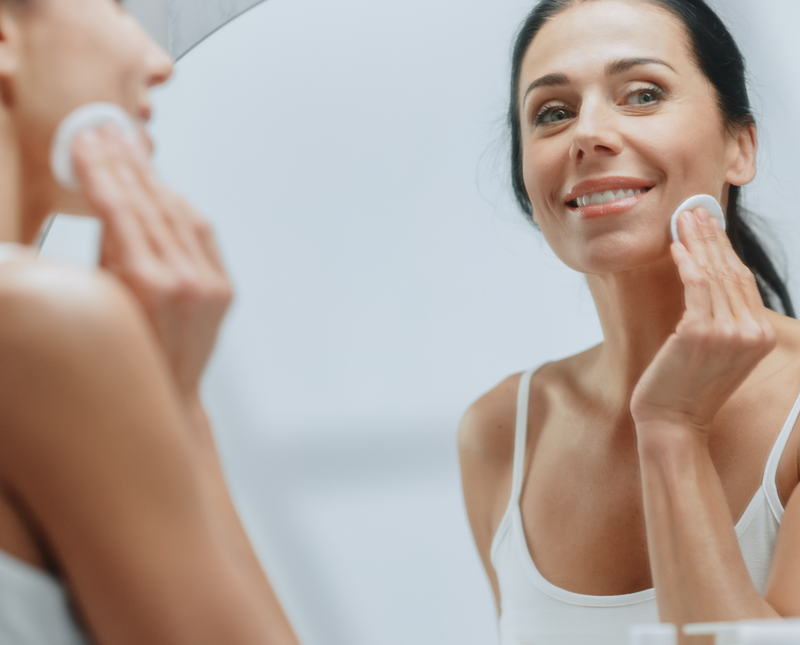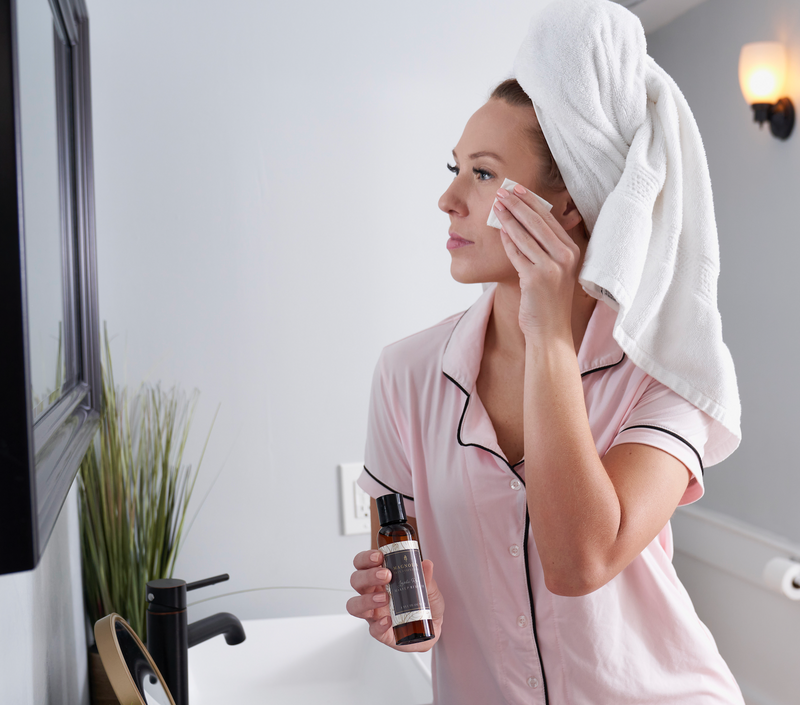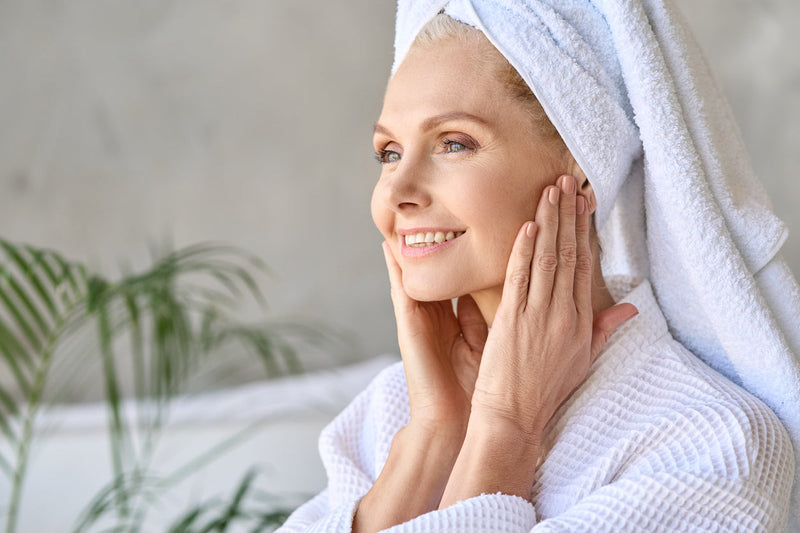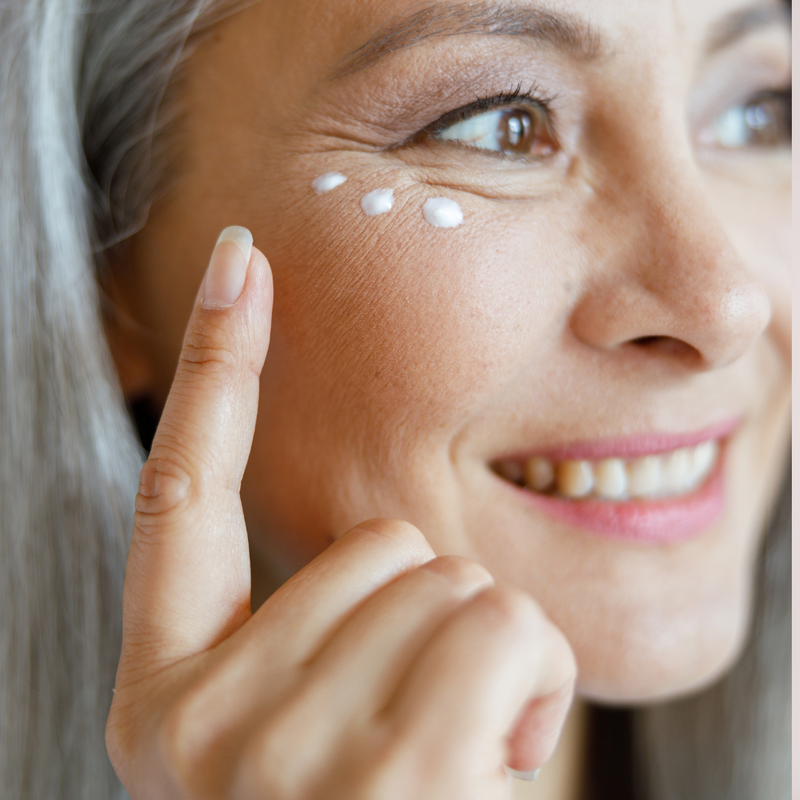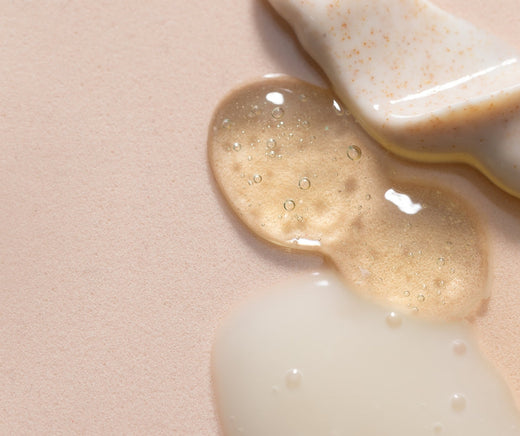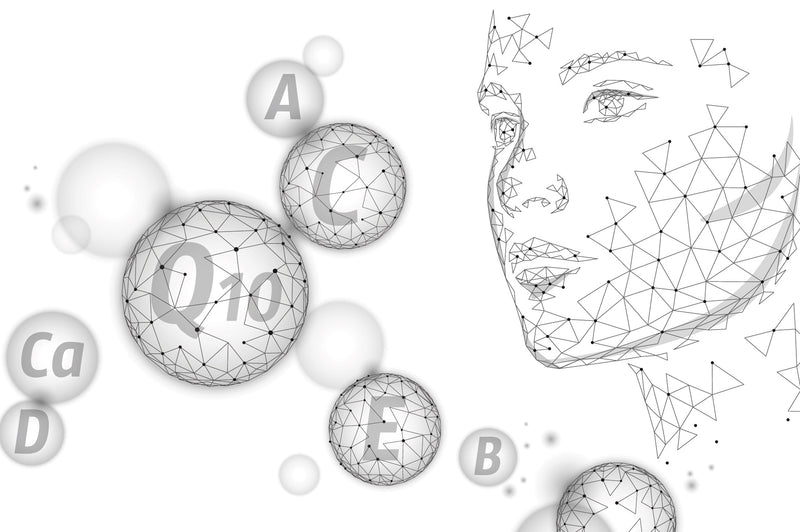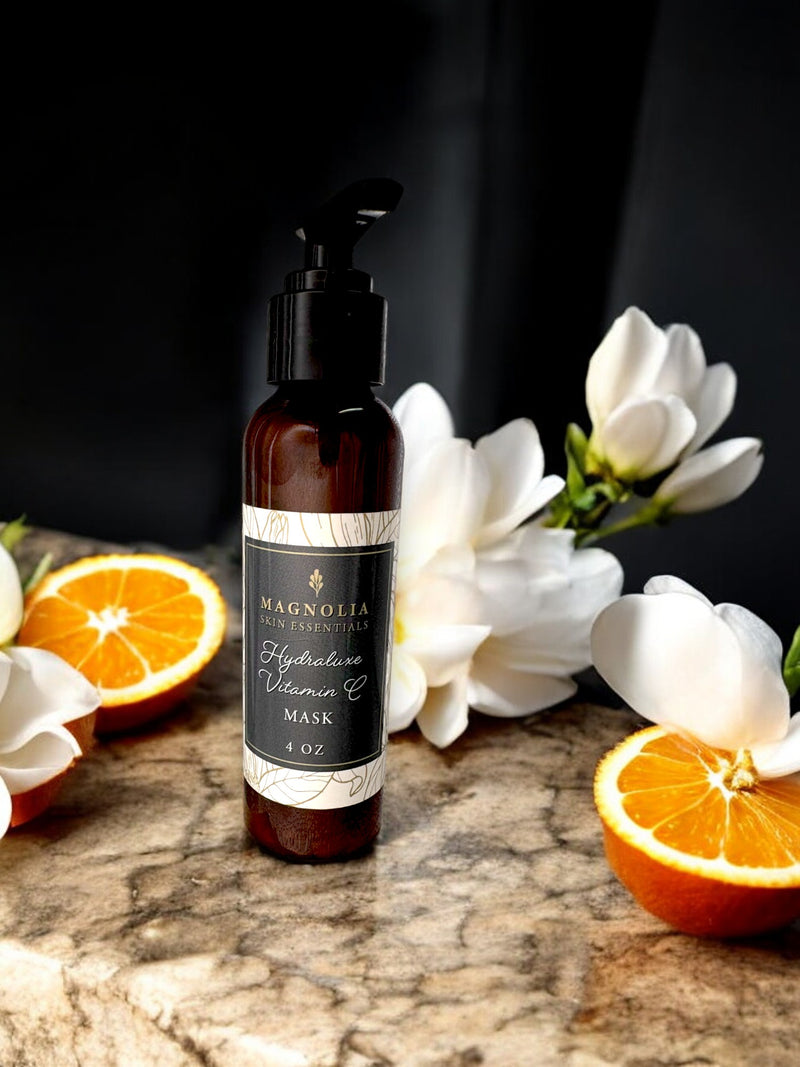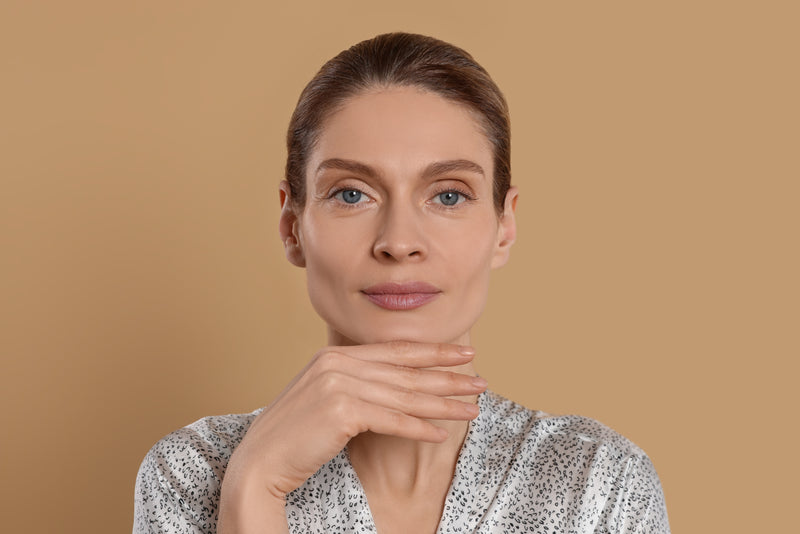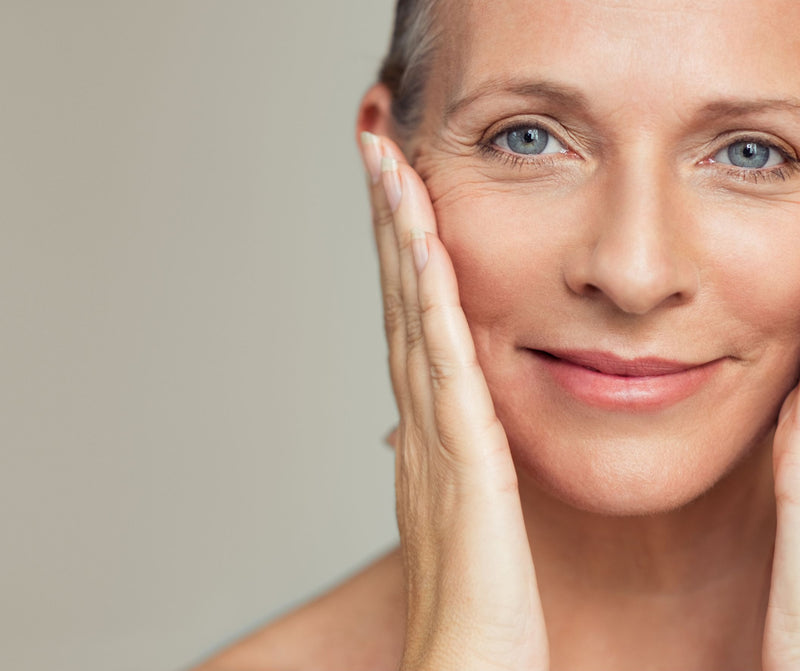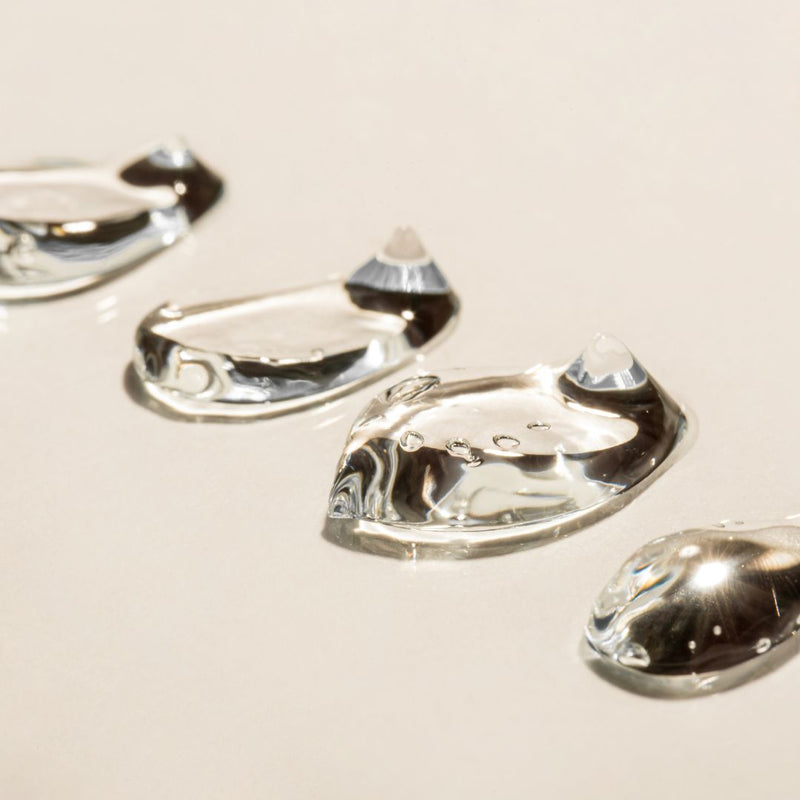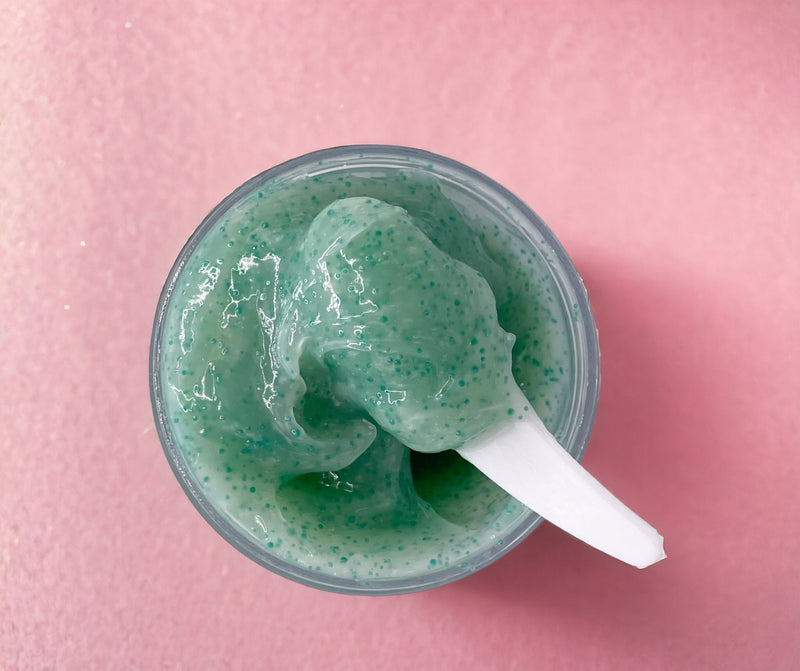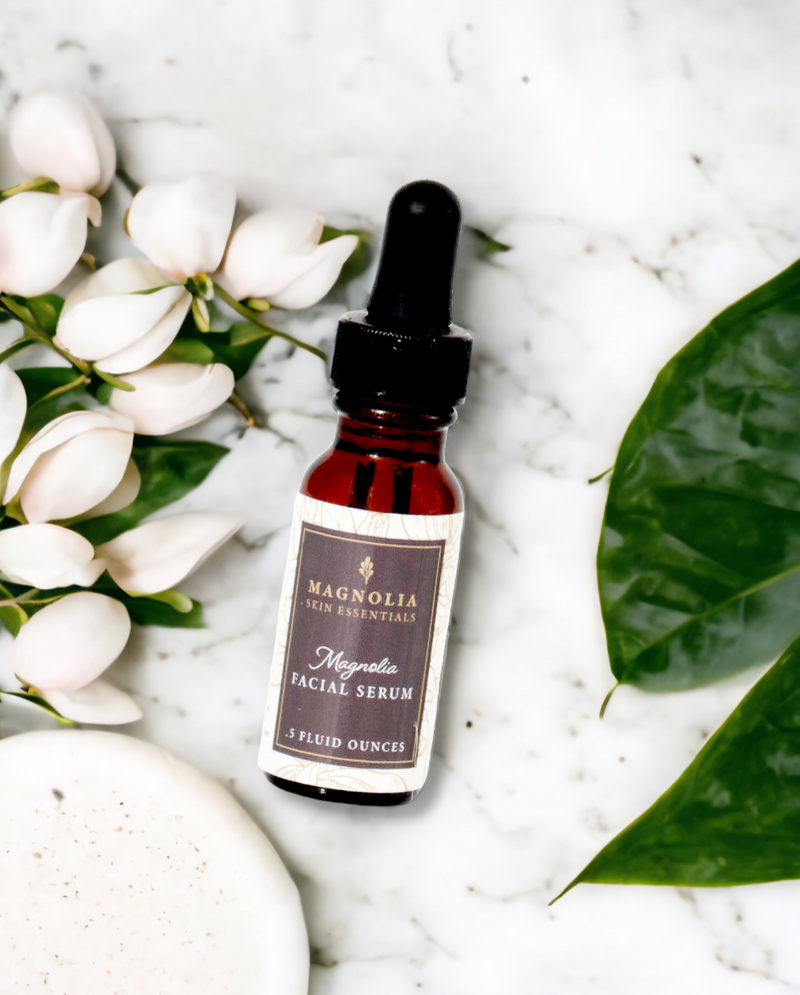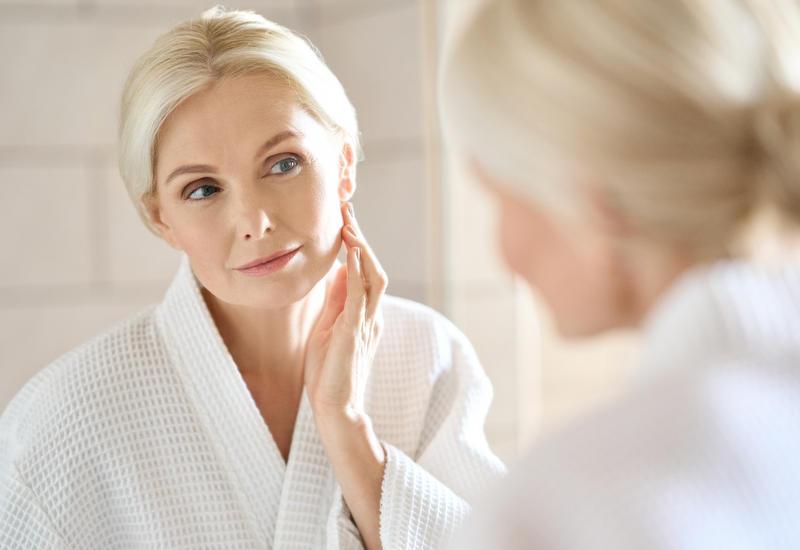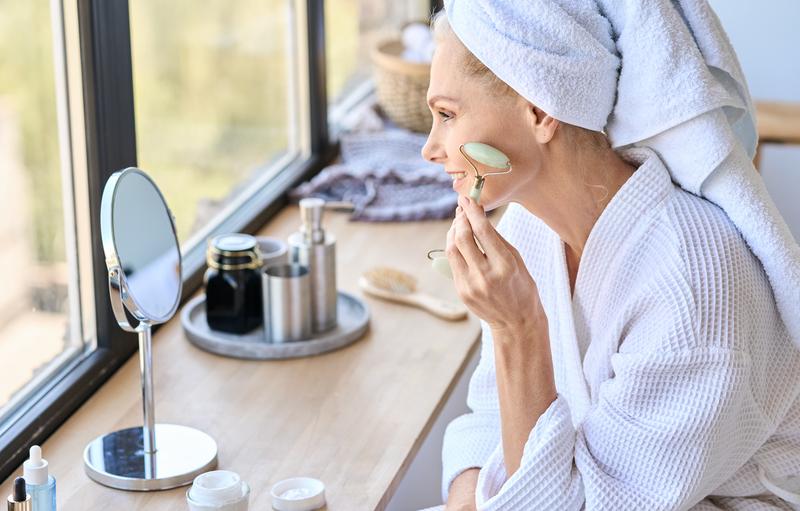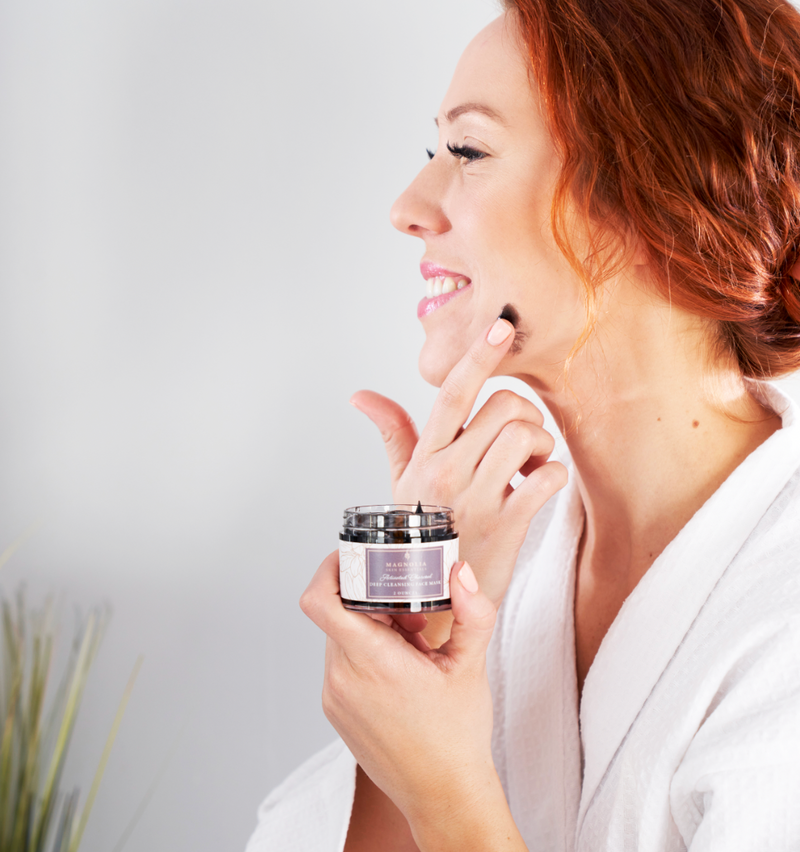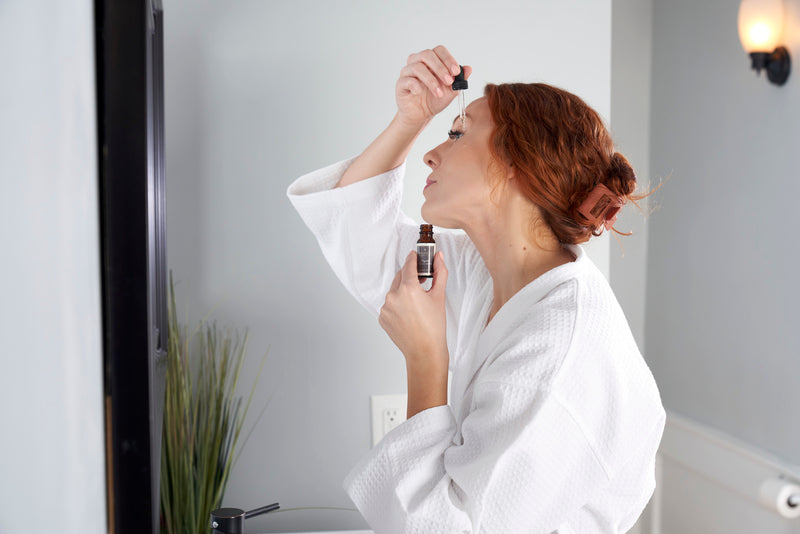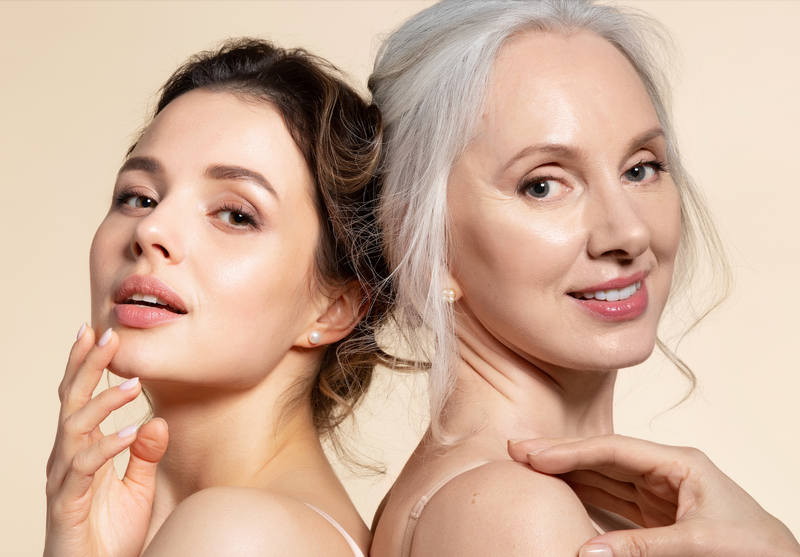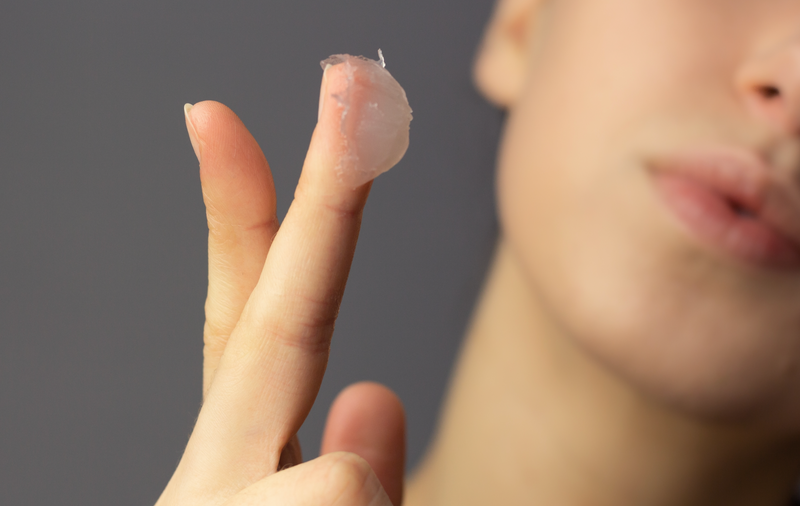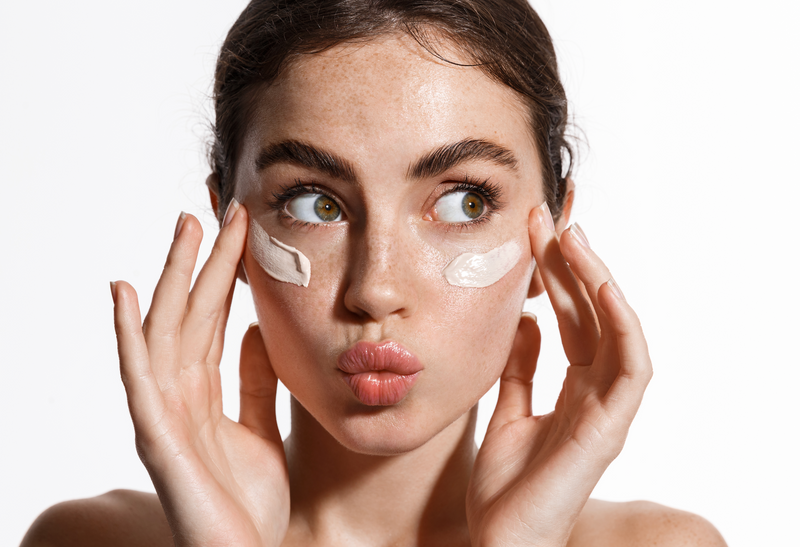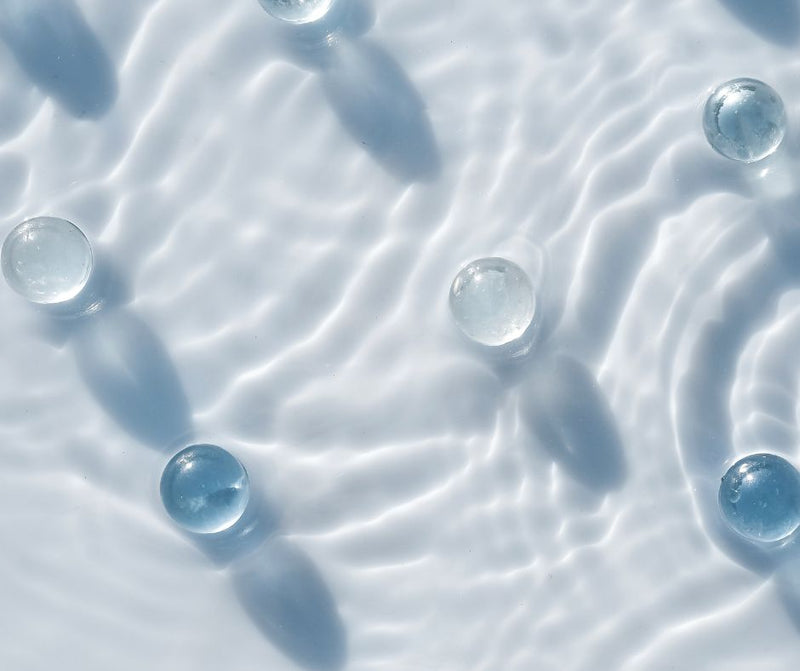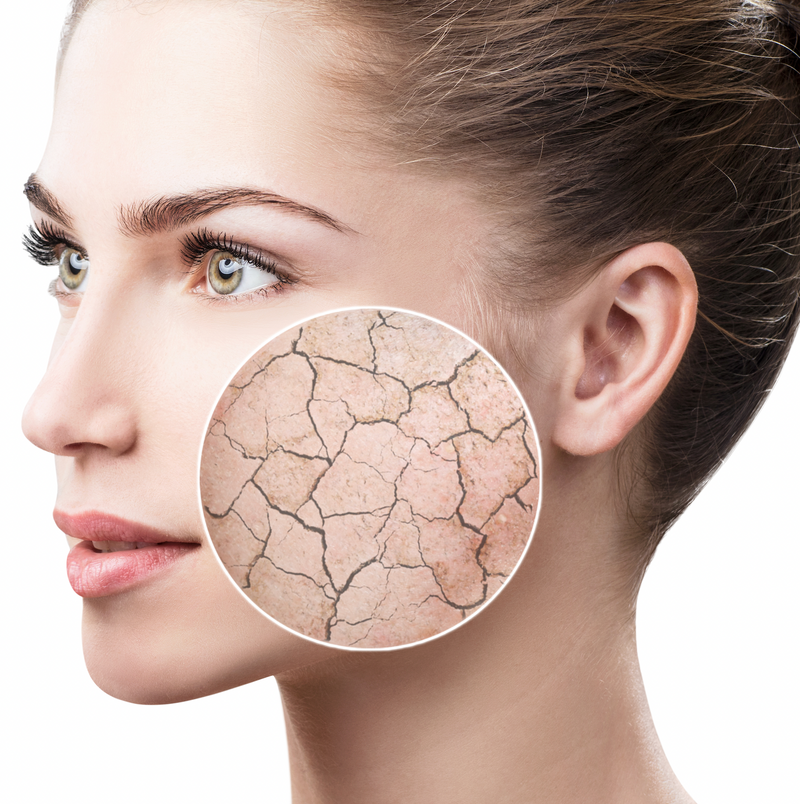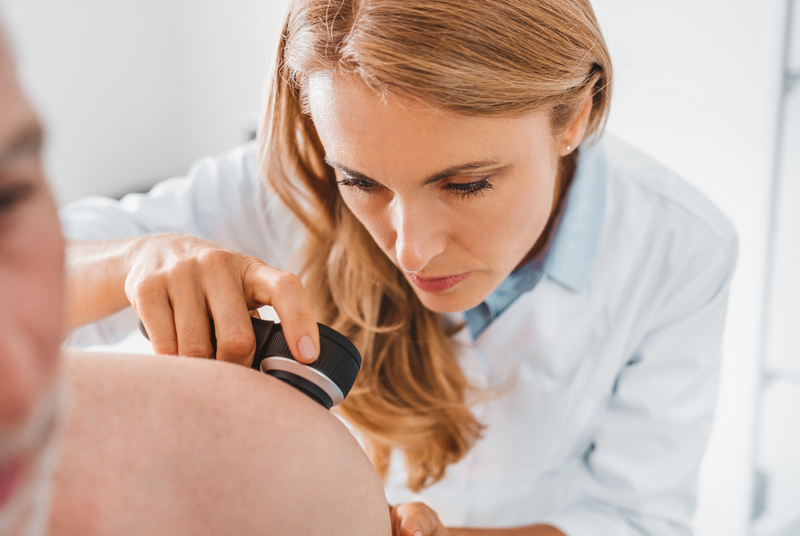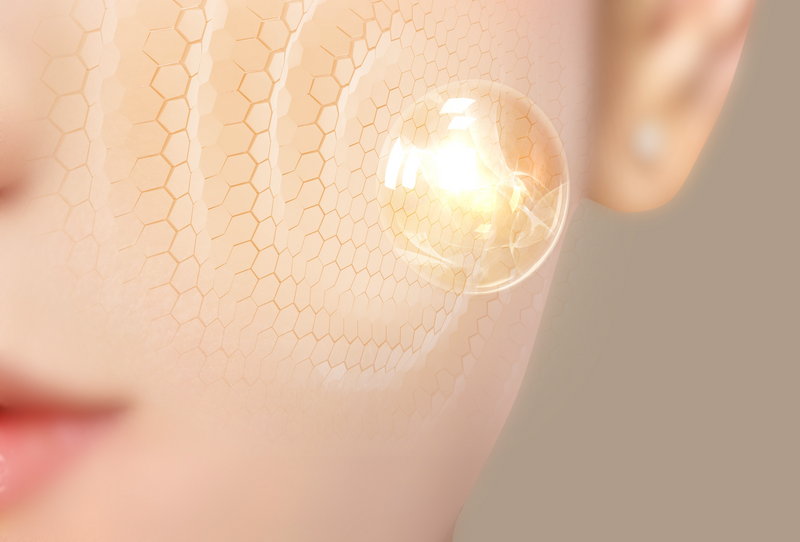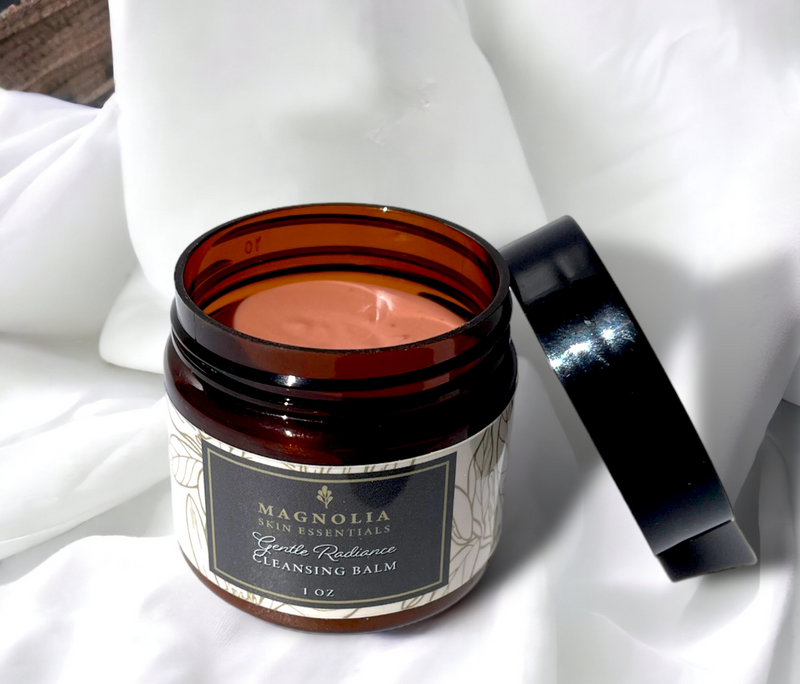A reader asks: I have olive skin and have always tanned very easily. I don’t really get sunburned, so I don’t wear that much sunscreen. Should I be more concerned than I am?
Many people with melanin-rich skin have questions like the one you just read. Darker skin definitely has unique needs, which can bring up a lot of questions regarding the need for sunscreen and much more. In this blog post, we'll answer our reader's question, but first we'll discuss the most significant concerns for people with melanin-rich skin and how to address them.
What does having “melanin-rich” skin mean?
Melanin-rich skin types refer to individuals with higher levels of melanin pigment in their skin. Melanin is responsible for the color of our skin, hair, and eyes and plays a crucial role in protecting the skin from the damaging effects of ultraviolet (UV) radiation. People with melanin-rich skin typically have darker or olive skin tones, which are the result of increased melanin production. These skin types offer some natural protection against sunburn and UV-induced skin damage, but they are still susceptible to various skin concerns such as hyperpigmentation, uneven skin tone, and specific challenges related to skincare and sun protection. Understanding and addressing the unique needs of melanin-rich skin is important for maintaining its health and addressing specific concerns effectively.
What are some of the main concerns?
- Hyperpigmentation and Uneven Skin Tone - Hyperpigmentation can occur due to various factors such as sun damage, hormonal changes, acne, and skin injuries such as cuts or burns. It causes the skin to darken in certain areas and can be challenging to treat. However, there are various treatments, including chemical peels, microdermabrasion, and laser therapy, that can help reduce hyperpigmentation. Using skincare products with meaningful levels of ingredients like niacinamide, such as found in our Day & Night Whipped Moisturizer, or Vitamin C can also help address hyperpigmentation.
- Melasma - Melasma is a specific type of hyperpigmentation characterized by dark, patchy areas on the face, typically on the cheeks, forehead, upper lip, and chin. Hormonal changes, sun exposure, and genetic predisposition are some of the factors that can contribute to melasma. It is more common in women and often occurs during pregnancy (chloasma or "mask of pregnancy").
- Post-inflammatory Hyperpigmentation (PIH): PIH refers to the darkening of the skin that occurs after an inflammatory skin condition or injury, such as acne, eczema, or a skin injury. In individuals with melanin-rich skin, PIH can be more noticeable and take longer to fade compared to those with lighter skin tones.
- Keloids: Keloids are raised, thickened scars that extend beyond the boundaries of the original injury or incision. They are more common in individuals with melanin-rich skin and can result from trauma, surgery, acne, or body piercings. Keloids can be itchy, tender, and aesthetically bothersome.
- Ashy Skin: Ashy skin refers to a grayish or dull appearance of the skin. It is more noticeable on melanin-rich skin due to the contrast with the underlying dark skin. Ashiness can result from dryness and a lack of moisture in the skin. Regular moisturization and exfoliation can help alleviate ashy skin.
- Acne: Acne is a common skin condition that can affect individuals of all skin types, including those with melanin-rich skin. However, it may manifest differently and be more prone to causing hyperpigmentation or PIH in individuals with darker skin tones.
Skincare Products and Ingredient Awareness
Skincare products tailored to melanin-rich skin can help address specific concerns such as hyperpigmentation, acne, and uneven texture. However, it's crucial to be aware of the ingredients present in the products you use. Ingredients like hydroquinone and steroids can cause significant damage to the skin when used incorrectly.
Instead, opt for products with natural ingredients such as shea butter found in all of our hand & body lotions, aloe vera as found in our Hydrating Aloe Face Wash, and hyaluronic acid as found in our Gentle Radiance Daily Moisturizer, which can all help soothe and hydrate the skin.
What is the answer to the reader’s question regarding sun protection and skin cancer?
According to the Skin Cancer Foundation, people with melanin-rich skin are less likely to develop skin cancer but have higher mortality rates when they do. This is due to late diagnosis and inadequate sun protection.
It's crucial to protect your skin with broad-spectrum sunscreen with an SPF of 30 or higher and reapply every two hours or after sweating, swimming, or toweling off. Wearing protective clothing, hats, and sunglasses can also help reduce sun exposure.
Conclusion
Addressing the specific concerns of melanin-rich skin goes beyond using generic skincare products. It's essential to be aware of ingredients, seek professional advice, maintain a balanced diet, and protect the skin from external environmental factors. By implementing these tips, you can achieve healthy and glowing skin that's tailored to your unique needs.


